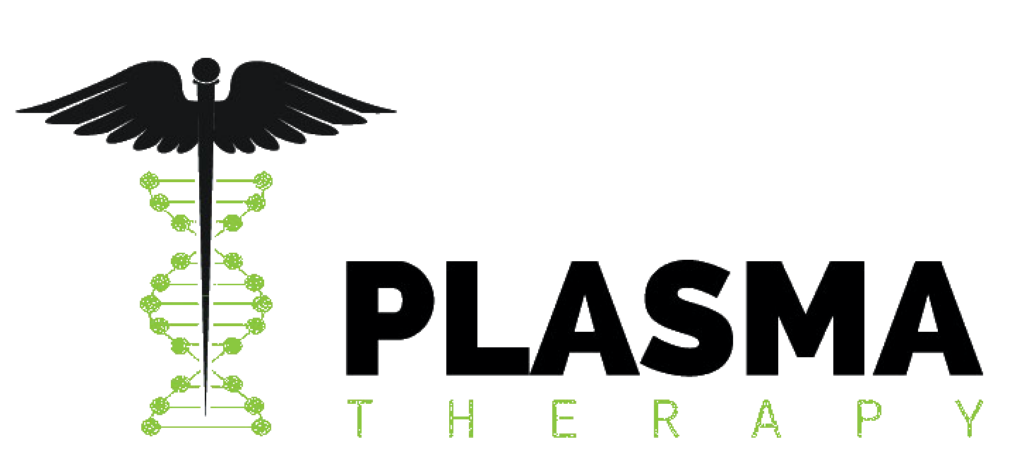
A patient portal is a transformative digital healthcare tool that empowers patients by providing 24/7 secure online access to personal health information. This innovative platform bridges the communication gap between patients and healthcare providers, offering unprecedented convenience and transparency in managing personal health records.
Official Information Sources
What Patients Can Do with a Patient Portal
Patient portals offer a comprehensive suite of digital health management features:
Key Functionalities
- View recent doctor visits
- Access discharge summaries
- Review current medications
- Check immunization records
- Examine allergy information
- Review laboratory results
Interactive Services
- Securely message healthcare providers
- Request prescription refills
- Schedule non-urgent appointments
- Update personal contact information
- Check insurance benefits
- Complete online forms
- Make payments
- Access patient education materials
Who Can Use the Patient Portal
Patient portals are typically available to:
- Adult patients
- Parents/guardians of patients under 18
- Patients with active healthcare provider relationships
Privacy and Security
Patient portals prioritize data protection through:
- Secure login credentials
- Encrypted communication
- HIPAA-compliant platforms
- Username and password authentication
Access and Login
To access a patient portal, users generally need:
- Internet-connected device
- Unique login credentials
- Provider-specific registration process
Recommended Best Practices
- Create a strong, unique password
- Keep login information confidential
- Log out after each session
- Use secure internet connections
- Regularly update contact information
Limitations
Patient portals are not designed for:
- Urgent medical issues
- Emergency consultations
- Immediate medical interventions
For time-sensitive medical concerns, patients should:
- Contact healthcare provider directly
- Call emergency services
- Visit nearest medical facility
Unprovided Information
While the sources offer comprehensive details, specific implementation might vary by healthcare provider. Patients should consult their specific healthcare center for precise portal features and access protocols.
Benefits for Patients
- 24/7 health information access
- Enhanced communication with providers
- Simplified health management
- Reduced administrative communication time
- Centralized health record tracking
Technical Requirements
Patients typically need:
- Computer or smartphone
- Stable internet connection
- Web browser or mobile application
- Email address for notifications
Patient portals represent a significant advancement in personal healthcare management, offering patients unprecedented access and control over their medical information. By leveraging digital technology, these platforms transform traditional healthcare interactions into convenient, secure, and patient-centered experiences.
Disclaimer: This information is general guidance. Always consult your specific healthcare provider for precise portal details and functionality.
FAQ
What is the purpose of a patient portal?A patient portal is a secure online website that gives patients convenient, 24-hour access to personal health information from anywhere with an Internet connection. Using a secure username and password, patients can view health information such as: Recent doctor visits.
What is an example of a patient portal?For example, if you are a patient of a Brown University Health clinic or primary care practice and you visit a Brown University Health laboratory to get blood work done, your test results could be available in your Brown University Health MyChart application—your patient portal—as soon as the laboratory transmits them …
What are the disadvantages of a patient portal?Patient portals have limitations such as complexity, limited accessibility, and low engagement rates. In contrast, HIPAA compliant emails are often preferred for their familiarity, ease of use, accessibility, flexibility, and integration with existing systems.
What information can be accessed through a patient portal?
-
Office of the National Coordinator for Health Information Technology (ONC)https://www.healthit.govWhat is a patient portal? | HealthIT.gov
-
Keragonhttps://www.keragon.comWhat is a Patient Portal and Why Does Your Practice Need One? – KeragonFeb 20, 2025 — Patient portals typically offer access to a wide range of personal health information. Patients can view recent medical visits, discharge summaries,
-
National Institutes of Health (NIH) | (.gov)https://pmc.ncbi.nlm.nih.govPatient and Health Care Provider Perspectives on Patient Access to …Patient portals can provide access to diagnosis, laboratory and diagnostic imaging results, medication lists, booking and viewing appointment times, sending and…
https://www.healthit.gov/faq/what-patient-portal
A patient portal is a secure online website that gives patients convenient, 24-hour access to personal health information from anywhere with an Internet
https://medlineplus.gov/ency/patientinstructions/000880.htm
A patient portal is a website for your personal health care. This online tool helps you to keep track of your health care provider visits, test results,

